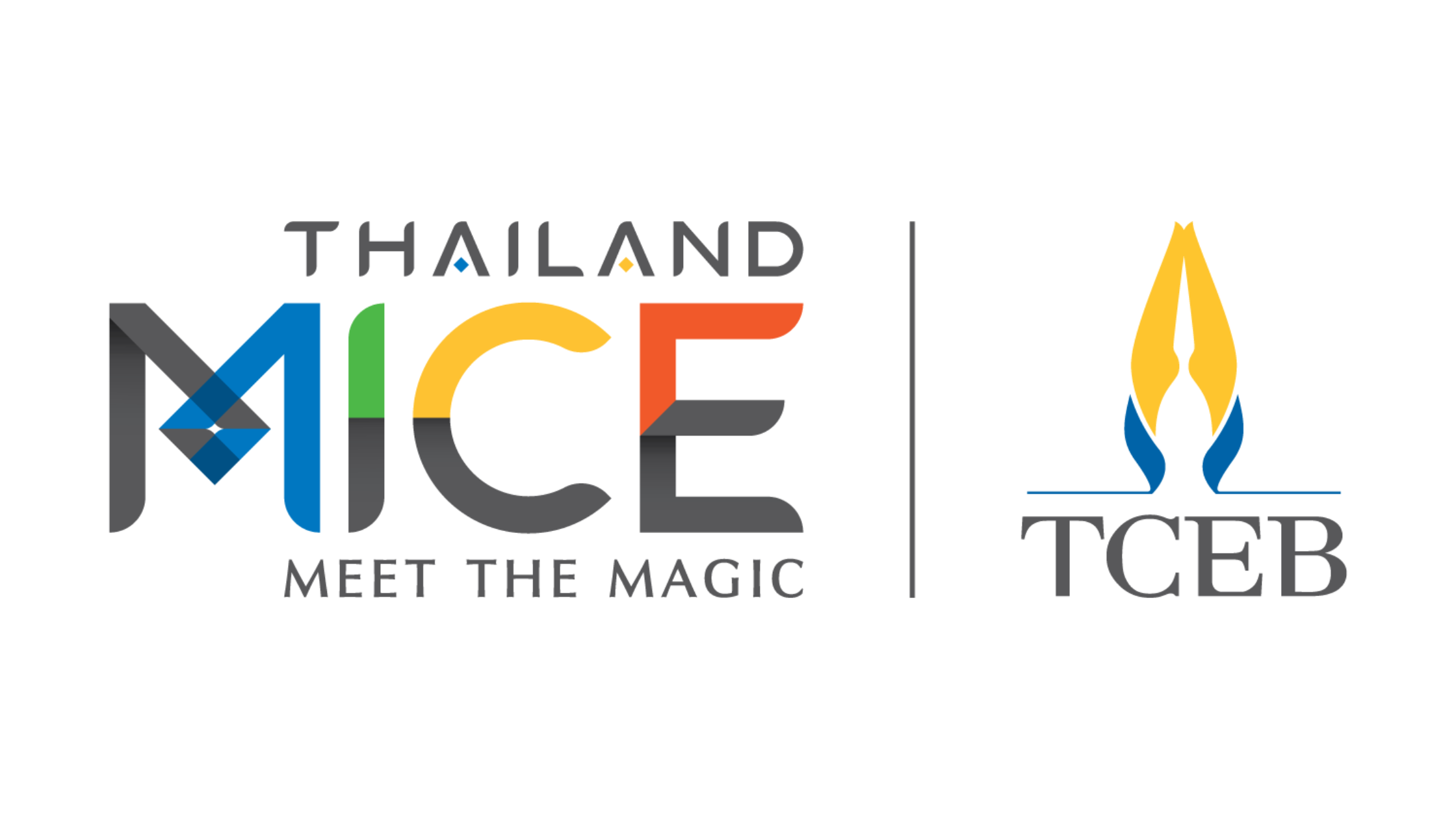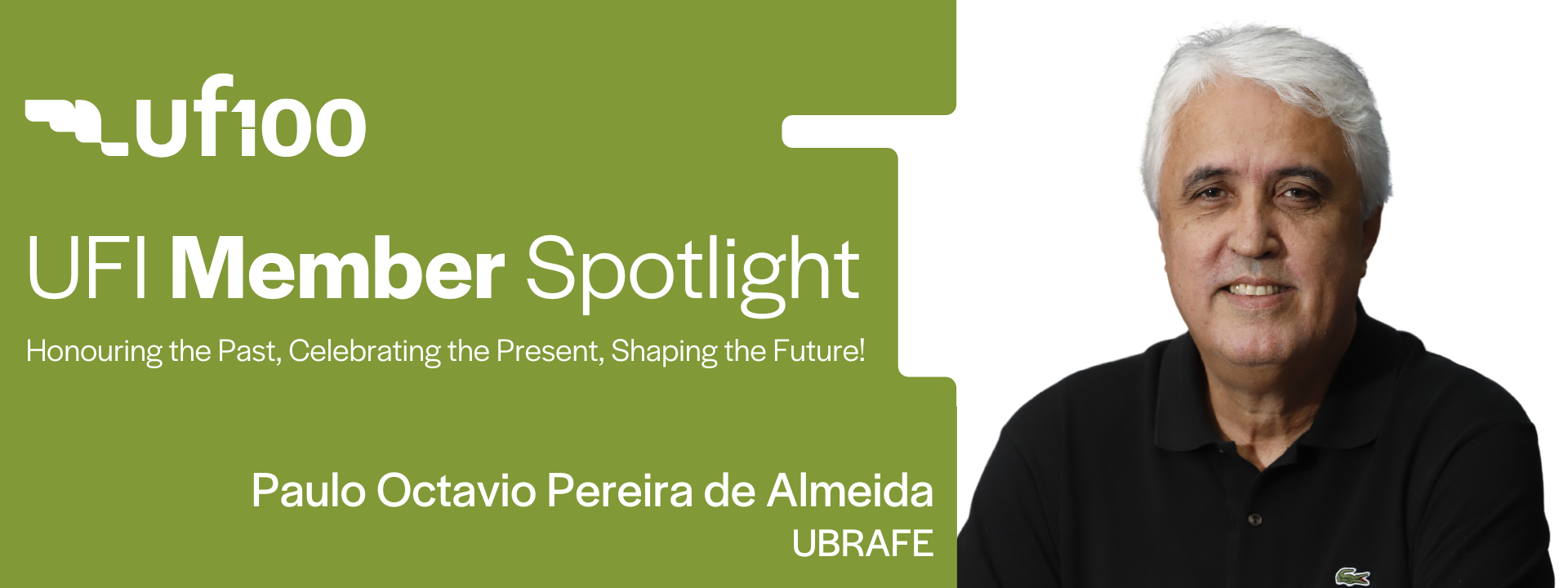Growing concerns for the environment from consumers have added pressure on businesses to contribute greater environmental care. This growing concern for environmental impacts is also far reaching, impacting the global exhibition industry, including Thailand. Exhibitors and visitors of trade exhibitions alike are becoming interested in making sustainability-focus choices.
Conscientious consumers are paving the way for sustainability practices.
In the United States, 78% percent of US consumers say that a sustainable lifestyle is important to them. Meanwhile on the global scale, more than 70% of consumers are willing to pay more for food produced through ethical practices. This is in line with Thailand’s MICE Intelligence & Innovation Department that said 71% of Thai consumers are willing to purchase recycle products.
The message is clear: Thailand’s business sectors, including the exhibition industry, are incorporating sustainability practices that benefit the wider community, aligning with the UN’s Sustainable Development Goals (SDGs).
For many years, the exhibition industry in Thailand is taking a firm stance towards achieving carbon neutral events, lowering greenhouse gas (GHG) emissions and the impact of climate change. Bangkok International Trade & Exhibition Centre (BITEC) has pledged to be the first venue business in Southeast Asia to organize a truly sustainable MICE events by 2025. Furthermore, they are also collaborating with SCG Packaging (SCGP), the packaging arm of Thailand’s largest industrial conglomerate, to recycle waste materials produce by trade shows.
The Thai government is working hard to steer the economy on a sustainable path.
To ensure sustainable plans are executed, various government agencies have formulated policies for industrial sectors to conduct sustainability practices. Thailand Convention & Exhibition Bureau (TCEB) has implemented sustainability strategy to encourage the exhibition industry to demonstrate commitment to climate change and sustainability. The ‘Thailand MICE Sustainable Event Management Standard’ aims to raise sustainability standard across Thailand’s exhibition industry. Meanwhile, the ‘Sustainable Event Professional Certificate Program’ (SEPC) is an international program to inspire exhibition organizers to act on sustainability issue and pursue carbon neutral event.
Sustainability business practice encompasses proactive measures aimed at reducing emissions, minimizing waste, and promoting environmental sustainability. By incorporating action-oriented strategies, exhibition organizers can make their events more sustainable at every stage, starting from planning and promotion, all the way through implementation and clean-up. Furthermore, sustainability is a commitment that not only supports the local exhibition community but also ensures that Thailand’s sustainability standards meet the expectations of international exhibition organizers, exhibitors, and visitors.
Sources:
Consumers care about sustainability—and back it up with their wallets, McKinsey
Make a Sustainable Difference, MICE Intelligence & Innovation Department







Hello TCEB, your viewpoints on sustainability and a greener trade show experiences resonate with us. We have solution in place for measuring sustainability efforts catered for events and venues.
May I know who can we contact in TCEB for further collaboration to achieve your sustainability goals?